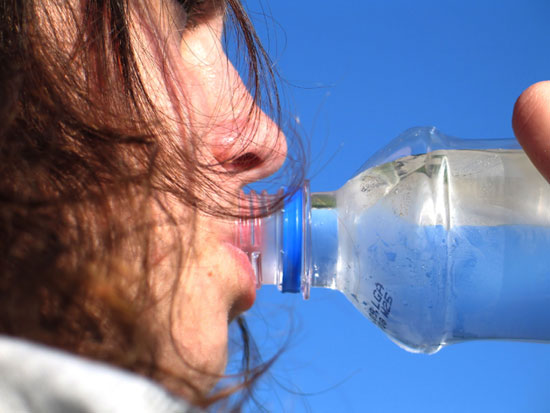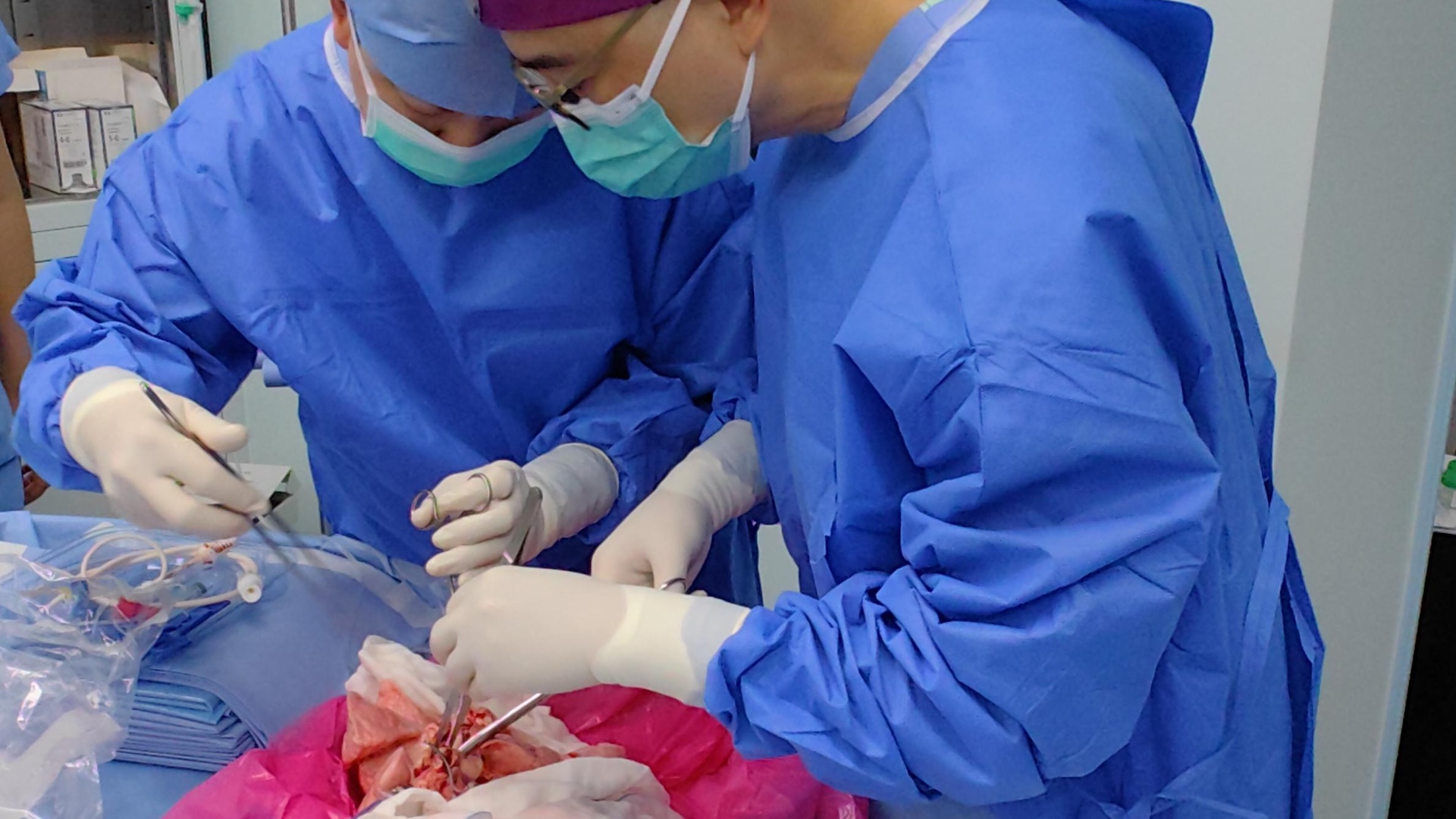The Murky Truth About Leaching Plastic Bottles

Harvard School of Public Health researchers have found that college kids who drank from polycarbonate bottles showed a two-thirds increase of the chemical bisphenol A (BPA) in their urine. This is a potentially harmful chemical already banned in Canada.
On one hand, the findings aren't as scary as the headlines have implied. The two-thirds increase merely means the level of BPA in urine rose from negligible to a sliver above negligible, a level still thousands of times lower than so-called low doses tested on rats. No study has convincingly shown adverse effects from BPA on human health.
On the other hand, BPA is everywhere — in CDs and food and soda cans, as well as many plastics. Its ubiquity just might override the ambiguity.
Paper or plastic or...?
Clearly we don't need BPA in our diets; the recommended daily allowance is zero. But we must avoid the temptation to blindly go "green" with glass or metal containers, lest we reenter the era of dangerous broken glass and wasted fuel transporting these heavier containers.
BPA is an endocrine-disruptor that can initiate early onset of sexual maturation. It also might be associated with heart disease and diabetes. The National Institute of Environmental Health Sciences (NIEHS) ranks this chemical as posing "some concern" for adverse effects on brain development for fetuses, infants and children; "minimal concern" for early puberty; and "negligible concern" for the reproductive health of adults.
The Harvard study was a quicky, published last month in Environmental Health Perspectives, a journal published by the NIEHS. The researchers asked 77 participants to drink cold beverages for a week from stainless steel containers and then from a week from polycarbonate bottles, the popular, reusable hard-plastic bottles. The traces of BPA in their urine increased from about 1.2 parts per billion to 2 ppb.
Get the world’s most fascinating discoveries delivered straight to your inbox.
This is the first study to show that drinking from polycarbonate bottles increased the level of urinary BPA. What it all means, though, isn't exactly clear. The fact that BPA was peed out is a good thing. The researchers couldn't assess how much BPA was consumed. Most likely it was lower than the daily dose the EPA considers safe, 50 ppb, and lower than the 5 ppm used in "low dose" animal studies.
More plastic bits and pieces
Also published last month in Environmental Health Perspectives, albeit less publicized, was a study from the University of Rochester revealing that BPA lingered in the body for longer than the expected half-life of just a few hours. This may be indication that BPA is lodging itself in fat tissue.
This is a big concern because, well, Americans tend to have a lot of fatty tissue. And it might support the possible link between BPA and heart disease and diabetes in humans, which was raised in a JAMA article in September 2008.
BPA alternatives?
Normally such suggestive but inconclusive studies only would raise an eyebrow. But fortunately there are alternatives to BPA-laced products if you want to take action. Essentially any plastic bottle with the plastic identification "recycle" code of 1, 2, 4, 5 or 6 is free of BPA. Number 3 plastic can contain it.
Number 7 plastic, a hodgepodge of various newer plastics not defined by numbers 1 through 6, often contains BPA. Then again, new plastics purposefully free of BPA might carry the number 7. And other plastics might be hard to recycle (#4 and 5) or porous enough to harbor bacteria (#1).
Avoiding canned food is a more difficult choice. Many very healthy products, such as beans and tomatoes, come in cans, and some of these cans might contain an epoxy liner made with BPA. There's no number scheme to guide you. Buying food in glass would reduce your BPA dose. But certain manufactures, such as Trader Joe's, are BPA-free.
As for salty canned soups and sauces and sugary canned drinks, you'd be better off avoiding them entirely, not because of the BPA but for the lack of nourishment they provide.
Christopher Wanjek is the author of the books "Bad Medicine" and "Food At Work." His column, Bad Medicine, appears each Tuesday on LiveScience.

Christopher Wanjek is a Live Science contributor and a health and science writer. He is the author of three science books: Spacefarers (2020), Food at Work (2005) and Bad Medicine (2003). His "Food at Work" book and project, concerning workers' health, safety and productivity, was commissioned by the U.N.'s International Labor Organization. For Live Science, Christopher covers public health, nutrition and biology, and he has written extensively for The Washington Post and Sky & Telescope among others, as well as for the NASA Goddard Space Flight Center, where he was a senior writer. Christopher holds a Master of Health degree from Harvard School of Public Health and a degree in journalism from Temple University.
